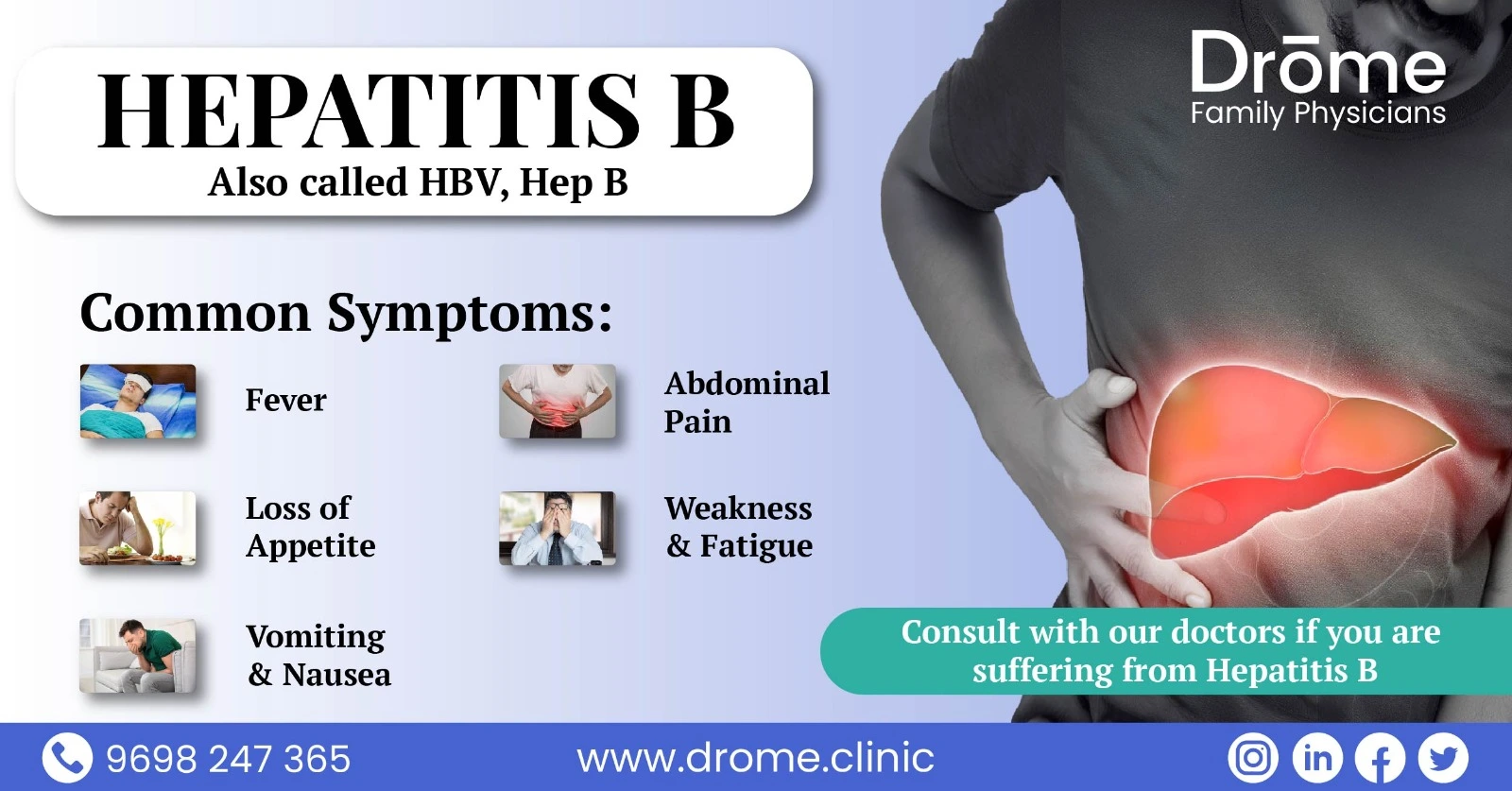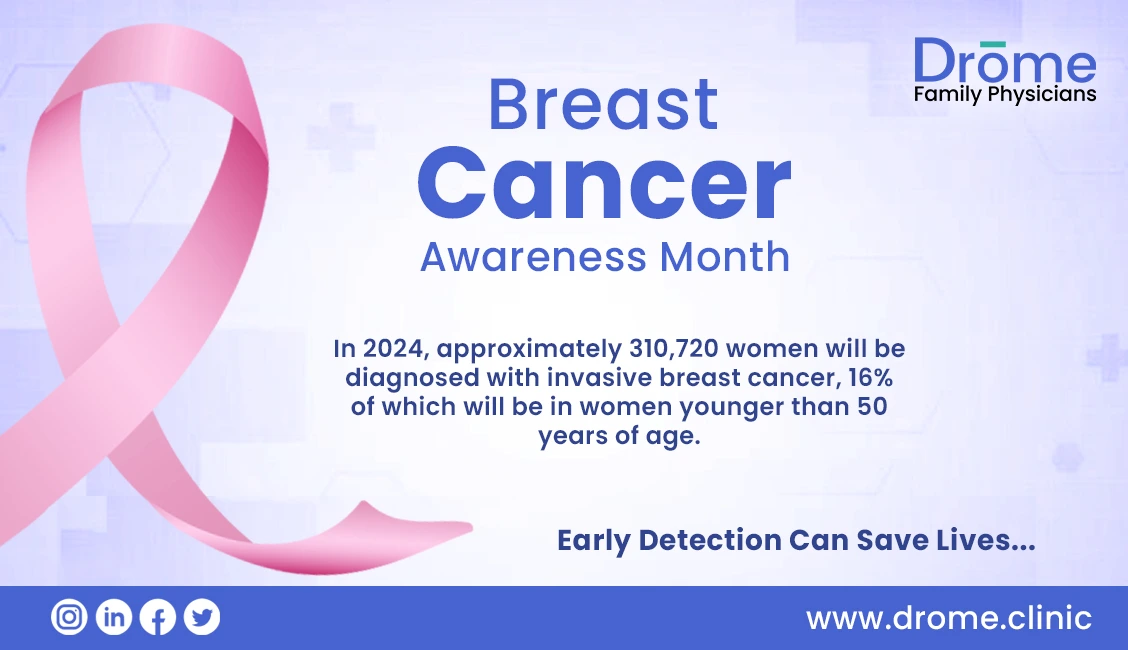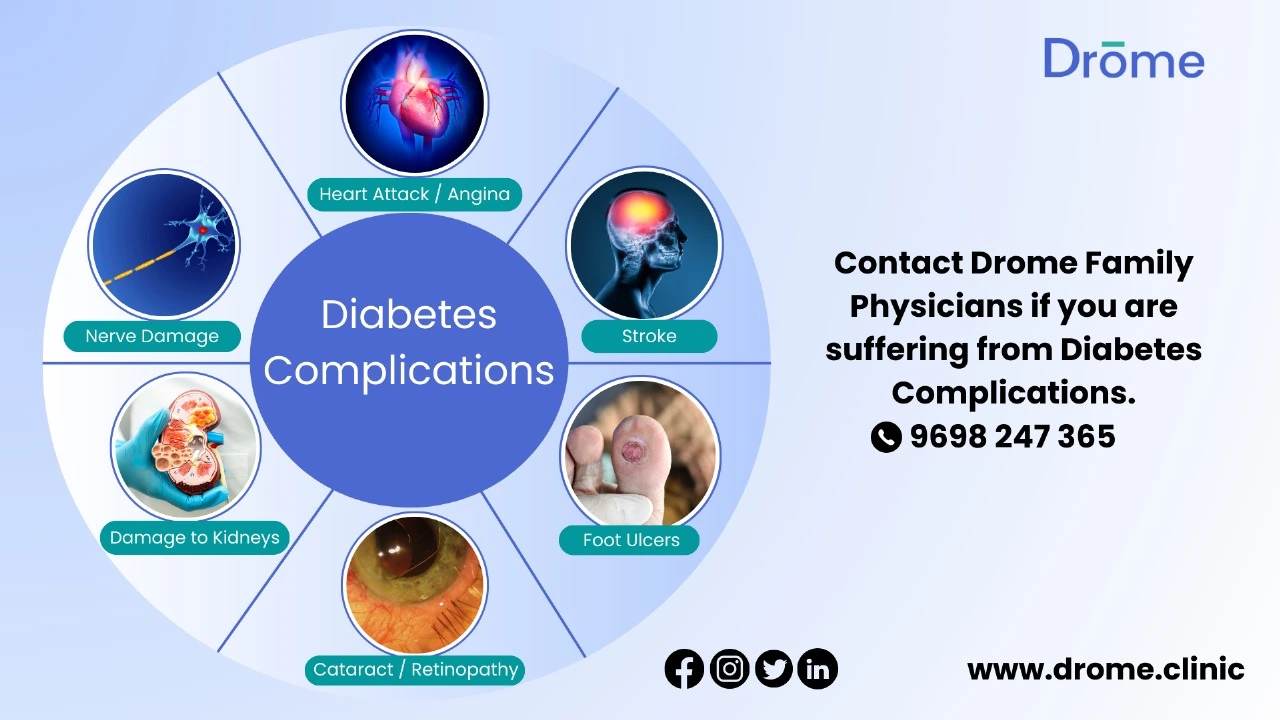Table of Contents
ToggleHepatitis B – An Overview
Hepatitis B is a serious liver infection caused by the hepatitis B virus (HBV). It can become chronic, leading to long-term liver problems and even life-threatening conditions such as cirrhosis and liver cancer. Awareness and prevention are crucial in managing the spread and impact of this disease.
What is Hepatitis B?
Hepatitis B is primarily a viral infection that targets the liver and can cause both acute and chronic disease. The virus is transmitted through contact with the blood or other body fluids of an infected person.
What is Hepatitis B?
Hepatitis B is primarily a viral infection that targets the liver and can cause both acute and chronic disease. The virus is transmitted through contact with the blood or other body fluids of an infected person.
Causes of Hepatitis B
The hepatitis B virus spreads through blood, semen or other body fluids. Common modes of transmission include:
- Direct blood-to-blood contact
- Unprotected sexual contact
- From infected mother to baby at birth
- Sharing items such as razors or toothbrushes
- Accidental needlestick injuries
- Sharing needles or syringes.
Symptoms of Hepatitis B
Symptoms of acute hepatitis B range from mild to severe. They usually appear about 1 to 4 months after a person has been infected, although symptoms may be seen early as two weeks after infection. Some people, usually young children, may not have any symptoms. When symptoms occur, they may include:
- Jaundice (yellowing of the skin and eyes)
- Fatigue that persists for weeks or months
- Abdominal pain
- Dark urine
- Joint pain
- Fever
- Loss of appetite
- Light or clay-colored stools
Symptoms can vary significantly and may develop slowly, particularly in chronic cases.
Acute vs. chronic hepatitis B
Hepatitis B infection may be short-lived, also called acute. Or it might last a long time, also known as chronic.
- Acute hepatitis B infection lasts less than six months. The immune system likely can clear acute hepatitis B from the body and the patient shoud recover completely within a few months. Most people who get hepatitis B as adults have an acute infection, but it can lead to chronic infection.
- Chronic hepatitis B infection lasts six months or longer. It persists because the immune system can’t fight off the infection. Chronic hepatitis B infection may last a lifetime, possibly leading to serious illnesses such as cirrhosis and liver cancer. Some people with chronic hepatitis B may have no symptoms at all. Some may have ongoing fatigue and mild symptoms of acute hepatitis.
How long is a person contagious with hepatitis B?
A person is contagious as long as the virus is active in the body. If there is an acute infection, it may last from a few weeks to six months and the person is contagious that whole time. If a person has a chronic infection,he is contagious as long as it lasts, which is usually for life.
Complications of hepatitis B infection
Most complications come from chronic infection, but some people may have complications with acute infection. Though it’s not common, some people experience acute liver failure with acute hepatitis B infection, which is a life-threatening emergency.
Complications of chronic hepatitis B can include:
- Cirrhosis. Chronic liver inflammation leads to cirrhosis in some people.Cirrhosis happens when injured liver tissues are gradually replaced with scar tissue. The scar tissue stops the liver from functioning, which leads to chronic liver failure.
- Chronic liver failure. Chronic liver failure is a gradual process where the liver loses its ability to function over time. It usually follows cirrhosis. Even though it happens slowly, chronic liver failure is life-threatening.
- Liver cancer.People with chronic hepatitis are more likely to develop primary liver cancer. Liver cancer itself is one of the leading causes of death in people with chronic hepatitis B
Prevention of Hepatitis B
Preventing hepatitis B involves several key strategies:
- Vaccination: The hepatitis B vaccine is the most effective way to prevent the virus. It is typically administered in three or four doses over a six-month period.
- Safe sex practices: Using condoms and other barrier methods can help reduce the risk of transmission.
- Avoid sharing needles for injections
- Standard precautions: Avoid sharing personal items that may have come in contact with blood, such as toothbrushes or razors.
- Be cautious about body piercing and tattooing: If you get a piercing or tattoo, look for a reputable shop. Ask about how the equipment is cleaned. Make sure the employees use sterile needles
Diagnosis
Hepatitis B is diagnosed by the following modalities
- Blood tests. Blood tests can detect signs of the hepatitis B virus in body and tell whether it’s acute or chronic. A simple blood test can also determine whether a person is immune to the condition.
- Liver ultrasound. A special ultrasound called transient elastography can show the amount of liver damage.
- Liver biopsy: It involves removal of small sample of the liver for testing to check for liver damage.
Treatment of Acute Hepatitis B
There’s no specific medication to treat an acute hepatitis B infection, and many people won’t need any treatment. In case someone is having severe symptoms, a healthcare provider might monitor him for complications and offer supportive care, such as
- IV fluids
- IV nutrition
- Pain relief
Treatment of Chronic Hepatitis B
Most people diagnosed with chronic hepatitis B infection need treatment for the rest of their lives.Treatment helps reduce the risk of liver disease and prevents them from passing the infection to others. Treatment for chronic hepatitis B may include:
- Antiviral Medications
- Interferon Injections
- Liver transplant
Conclusion
Hepatitis B remains a significant global health challenge, but with effective vaccines and awareness of transmission methods, it is preventable. Regular screenings, vaccinations, and cautious practices are essential steps in combating this liver disease. If you believe you are at risk or have been exposed to hepatitis B, contact a healthcare provider promptly for testing and potential treatment.
Sourced from Mayo clinic and Cleveland clinic







